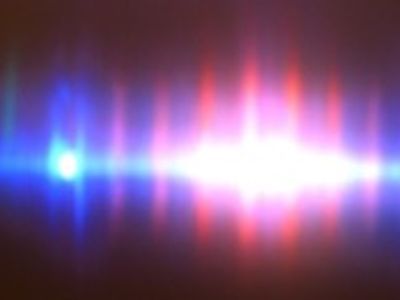Kursen täcker de fysikaliska principerna bakom grundläggande fotoniska komponenter såsom lasrar, modulatorer, optiska fibrer och detektorer, vilka skapar, transmitterar, manipulerar eller detekterar ljus.
Mer specifikt täcker kursen följande ämnen:
- Elektromagnetisk optik
- Optisk strålpropagering
- Vågledare
- Kopplad modteori
- Optik i periodiska strukturer
- Optiska resonatorer
- Akusto-optik
- Elektro-optik
- Ickelinjär optik
- Ultrasnabb optik
- Skapande och detektering av ljus
